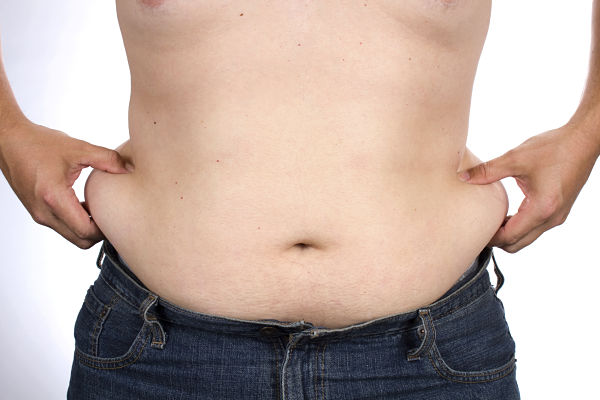What defines obesity, what causes it and what are the effects?

You might be surprised to know that 1 in 4 adults and 1 in 5 children (aged 10 to 11) are considered obese. But when are you categorised as obese?
This is usually based upon your Body Mass Index of BMI. However muscular people sometimes have a high BMI without carrying excess fat so your waist measurement is also a good indication
Body Mass Index categories
- A healthy weight usually means your BMI is between 18.5 and 24.9
- You are considered overweight at between 25 and 29.9
- You are considered obese at between 30 to 39.9
- And severely obese at 40 or above
These figures are for those with a white Caucasian background. If you come from an ethnic minority your BMI threshold may be lower
If you would like to check your BMI there is a calculator just here
The importance of your waist measurement
Once your weight is over a certain circumference you are more likely to be prone to obesity related health conditions
- For men this is 37 inches/94cm or more
- For women it is 31.5 inches/80cm or more
The effects of obesity
On an everyday basis this will be things from breathlessness to snoring and from feeling tired to having low self-esteem. Health wise, however, if you are obese you will be more prone to
- High blood pressure
- Type 2 diabetes
- Reflux
- Gallstones
- Disease of the liver and kidney
- Heart disease and stroke
- Several cancers including bowel, breast and womb
- A reduced life expectancy
Causes of obesity
Unless you have a health related condition obesity is typically caused by eating too much and exercising too little.
Cutting down on your consumption
In terms of measuring your intake we usually use calories. An active man needs 2500 calories and an active woman needs 2,000 calories.
You can access information about the number of calories in your meals here. I suggest keeping these in the form of a food diary so that you can keep track of your consumption.
Increasing your activity levels
The Chief Medical Officers recommend that adults do 2.5 hours of moderate intensity activities each week – these are things like walking, dancing or swimming. Alternatively you can do 75 minutes of vigorously intensive activity like running, competitive sport or circuit training.
If you are looking to increase your activity there are several helpful programmes which are easily accessible online like
Or exercising without going to the gym
I do hope this has been helpful.
We make every effort to ensure that all health advice on this website is accurate and up to date. However it is for information purposes and should not replace a visit to your doctor or health care professional. As the advice is general in nature rather than specific to individuals we cannot accept any liability for actions arising from its use nor can we be held responsible for the content of any pages referenced by an external link.
